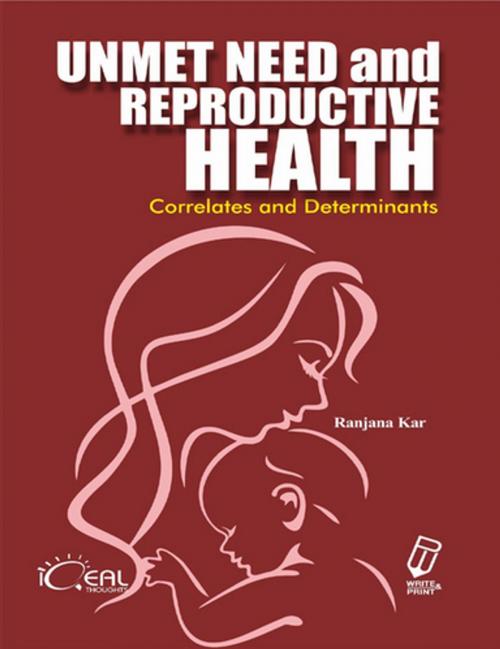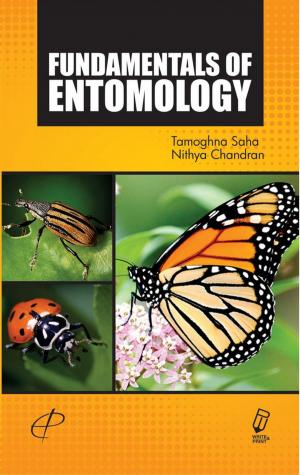Unmet Need and Reproductive Health
Correlates and Determinants
Nonfiction, Health & Well Being, Medical, Specialties, Reproductive Medicine| Author: | Ranjana Kar | ISBN: | 9789386283405 |
| Publisher: | Write & Print Publications | Publication: | June 30, 2016 |
| Imprint: | Write & Print Publications | Language: | English |
| Author: | Ranjana Kar |
| ISBN: | 9789386283405 |
| Publisher: | Write & Print Publications |
| Publication: | June 30, 2016 |
| Imprint: | Write & Print Publications |
| Language: | English |
The concept of unmet need points to the gap between women's reproductive intensions and their contraceptive behaviour. In doing so it poses a challenge to the reproductive health and family planning programme to reach and serve the millions of women whose reproductive attitude resemble those of contraceptive users but who, for some reasons, are not using contraception. By responding to the concerns of women with unmet need, reproductive health programmes can serve more people and serve them better. Programmes can respond best if there is a trategy that focuses on women with unmet need as a distinct audience. The present study is an application of different statistical models to study the family planning acceptance and unmet need and the burden of unintended pregnancy with a case study of Odisha using the data from the National Family Health Survey. The study while analyzing the current status of family planning acceptance, unmet need and estimation of unintended pregnancy studies to explore the underlying causes using different models. The study has also the scope of extending the methodology in other areas to develop suitable strategies for strengthening the RCH programme.
The concept of unmet need points to the gap between women's reproductive intensions and their contraceptive behaviour. In doing so it poses a challenge to the reproductive health and family planning programme to reach and serve the millions of women whose reproductive attitude resemble those of contraceptive users but who, for some reasons, are not using contraception. By responding to the concerns of women with unmet need, reproductive health programmes can serve more people and serve them better. Programmes can respond best if there is a trategy that focuses on women with unmet need as a distinct audience. The present study is an application of different statistical models to study the family planning acceptance and unmet need and the burden of unintended pregnancy with a case study of Odisha using the data from the National Family Health Survey. The study while analyzing the current status of family planning acceptance, unmet need and estimation of unintended pregnancy studies to explore the underlying causes using different models. The study has also the scope of extending the methodology in other areas to develop suitable strategies for strengthening the RCH programme.















